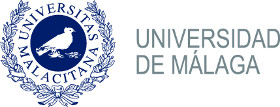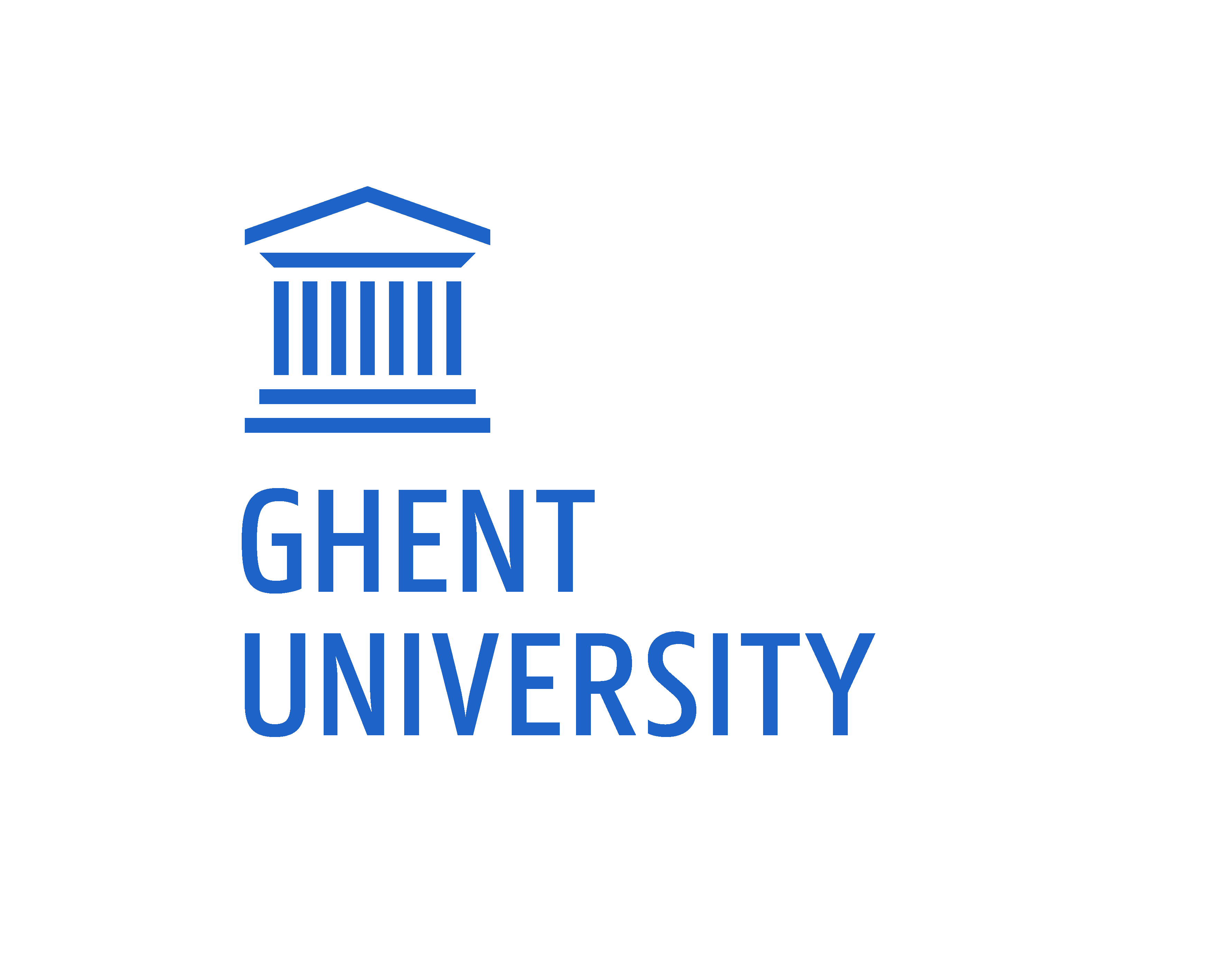EM TTI students’ participation at TC41
In the very heart of London, inside the imposing walls of the Institute of Mechanical Engineers, for the forty-first time (incredible, isn’t it?!), the International Association for Advancement in Language Technology, AsLing, cordially hosted language enthusiasts that, in addition to the beauty of tongue, have also disclosed the gates to technology in the Translating and the Computer Conference.
On the 21st of November 2019, the Marble Hall and its gallery were bustling with participants being welcomed and given badges that would serve as a key to enjoy and ponder over versatile and far-reaching talks and discussions for two days.
This hybrid conference, where the industry and academia held hands, was a real melting pot of opinions, attitudes, and goals. The stage very much resembled that of a magician where one speaker tried to de-demonise artificial intelligence in localisation, another endeavored to unlock machine translation, whereas a third one almost succeeded in making us believe that sign language might soon change its relationship with technology.
Industry and academia representatives openly discussed the future of language services in a globalised market that has seen substantial changes amid rapid technological development. The rising demand for swift, high-quality translation makes the latest translation tools a necessity in every translator’s kit. Interacting, exchanging ideas and discussing current and future trends in the field was inspiring for EM TTI students in terms of the various research and professional perspectives. It is paramount that study programmes follow suit and equip translation and interpreting students with the skills they need to thrive in today’s language services market.
The most breathtaking “performance” was undoubtedly the one witnessed by the cosy windows of Education Room. In its premises, industry representatives, from top-notch companies in the field such as SDL, STAR, Televic, XTM and Terminotix talked about their success stories and explained how their tools work to facilitate communication and management. These talks were of huge avail for EM TTI students as this summer many of the presenting companies will be providing them with their first industrial experience in the framework of the programme. They enabled the students to ask questions which helped them decide on their preferences in terms of the future placement.
Since the EM TTI programme aims at producing specialists who are up-to-date with the latest applications which support their daily work, as well as with future developments of such applications, this rare and incredible chance to partake in the 41st Translating and the Computer Conference was an enriching experience for the programme’s students that might opt for either becoming part of the academia family or starting an adventurous journey in the industry.
Submitted by students from the 1st EM TTI cohort: Marine O , Elena V, Anna I, Frank HD, Yokut S




